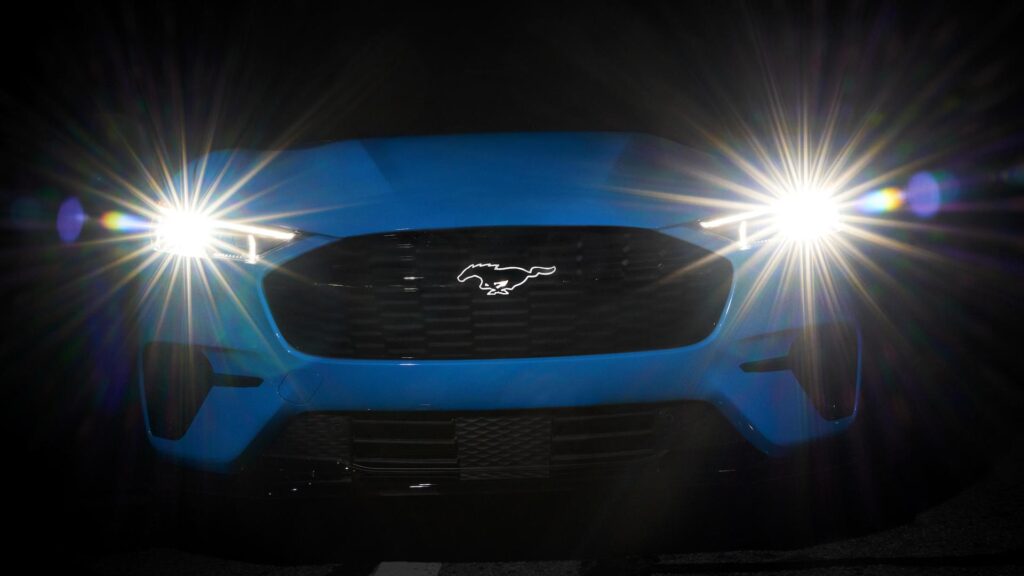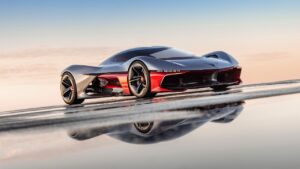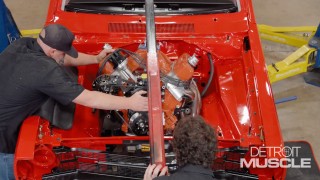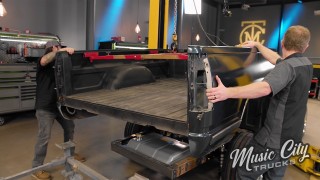New Study Reveals a Surprising Twist: EV Owners Are Returning to Gas-Powered Cars

According to a study from S&P Global, nearly half of EV owners still purchase a gas-powered car for their next vehicle. If the market has told the auto industry anything, it is that most Americans are not in any rush to be part of the “electric revolution” that many brands have been insistent for customers to take part in.
On one hand, the data suggests that 3 out of 4 Luxury EV households will stay electric. But with a majority of them coming from loyal Tesla customers, the percentage of loyal non-Tesla EV owners sees a steep drop.
RELATED: Ford Cuts Its F-150 Lightning Production in Half Due To Drops in Demand
Loyalty To Going Electric Is Dropping
According to the study, the percentage of drivers who were dedicated to going electric dropped from 81% in 2021 down to 52.1% in 2023, regardless if they purchased a Tesla or a non-Tesla EV.
“The OEMs are spending huge amounts of money to develop EVs,” says Tom Libby, associate director for loyalty solutions and industry analysis at S&P Global Mobility. “So the last thing they want is for an EV owner to go back to ICE.”
Many former EV owners struggled with pricing, range, and infrastructure to justify purchasing an electric vehicle again. As a result, they either swapped back to a traditional ICE vehicle or a hybrid to bridge the gap.
Similar results were reflected in the world of luxury EVs as well. Loyalty for the higher-end EVs saw a drop from 70% down to 60% in the last 18 months.
Major brands with return-to-market volumes of over 1,000 households YTD through July, Nissan held the strongest EV loyalty at 63.2%, followed by Chevrolet at 60.6%. It should be noted that these figures are reflective of EV loyalty in general, not Nissan-to-Nissan EVs or Chevrolet-to-Chevrolet EVs.
Why Are EV Owners Going Back To Gas-Powered Vehicles?
Individual EV models also displayed a range of customers moving back to ICE vehicles. Only 37.3% of Ford Mustang Mach-E households purchased another EV, while 45.8% went with a gas-powered car. Many of these buyers decided to purchase either a Ford truck or SUV with either a hybrid or ICE powertrain, suggesting that vehicle type and capability were more important than the power source.
What this data shows is that while many Americans are open to trying out electric vehicles, the format may not necessarily line up with individual lifestyles and needs. Unless they use their car for strictly local commutes in metropolitan areas that have the infrastructure to support EVs, there isn’t enough to justify the purchase for your average driver.









